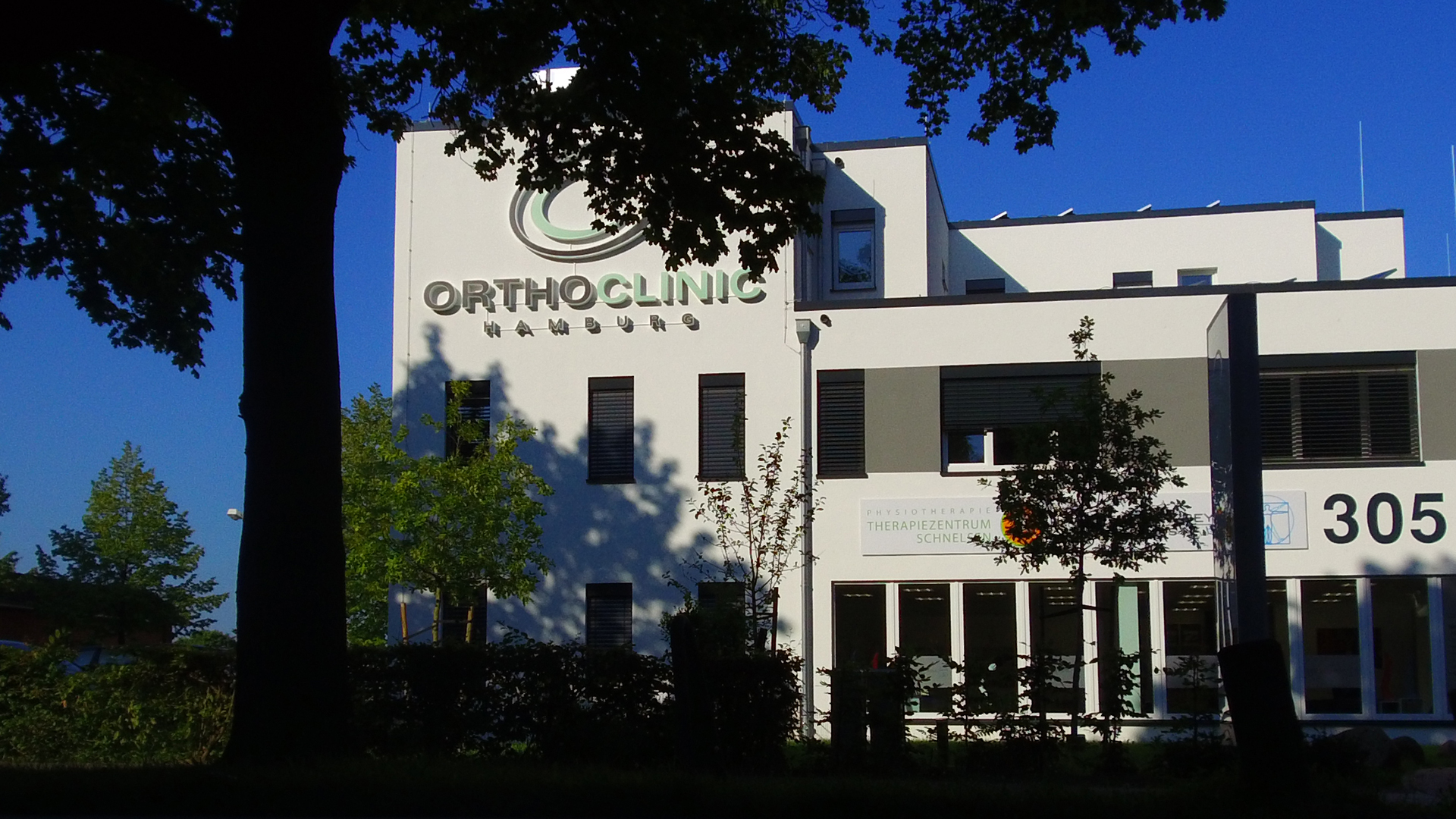Abstract:
Is “Aseptic” Loosening of the Prosthetic Cup after Total Hip Replacement Due to Nonculturable Bacterial Pathogens in Patients with Low-Grade Infection?
Background. Loosening of the prosthetic cup is the limiting factor in the service life of total hip prostheses (THPs). Despite effective culture methods, the detection of low-grade infection in patients with loose implants still presents a challenge.
It is crucial to distinguish between “aseptic” loosening and loosening due to periprosthetic infection, so that appropriate treatment can be administered. The authors investigated whether aseptic loosening of the acetabular components of THPs is due to unrecognized infection.
Methods. From October through December 2002, a total of 24 patients with acetabular cup loosening were investigated. Only patients without clinical signs of infection and with negative results of bacteriologic culture of synovial fluid (obtained by preoperative aspiration) were included in the study. Intraoperative biopsy samples obtained from the neocapsule and synovia (e.g., the interface membrane) were examined by means of routine culture methods and by polymerase chain reaction (PCR) for detection of 16S ribosomal RNA (rRNA). Control subjects included 9 patients undergoing primary hip arthroplasty.
Results. C-reactive protein levels and erythrocyte sedimentation rates were slightly elevated in the group with loosening, compared with the control group, but the difference was not statistically significant. PCR and routine culture showed no microorganisms in either group, with the exception of 1 patient in the loosening group.
Conclusions. PCR for detection of 16S rRNA in tissue specimens obtained from hip joints is not superior to routine bacteriologic culture techniques for detection of low-grade infections. However, these results demonstrate that the loosening of cups in THPs do not usually result from nonculturable periprosthetic infection, if the microbiological processing is adequate.

